Partner with God to see your community transformed
Pursue a better world for everyone through the elimination of poverty, gender inequality, and injustice
Articulate a biblical and theological foundation for your community and development work
Learn current issues facing practitioners globally as well as the solutions; what’s happening? what’s working!
We understand demanding schedules and we want study to enhance your working life. The MTD course is a three-year part-time course designed for working professionals.
Our classes are delivered online and via a one-week-long intensive (usually March/April and Sept/October) with readings, zoom discussion meetings, and written assessments.
In addition, students participate in a non-graded journaling activity that runs throughout the entirety of the programme. The focus of this activity is spiritual resilience and longevity. We also explore practices that assist in developing self-care.
The units are offered on a 3-year cycle and cover a range of global and local issues.
Entry to the programme can be at any point in the cycle. Students complete 5 coursework units; and their last unit is a Research Paper in Transformational Development. Guidance is provided by the faculty to assist in gaining research skills.
Our course equips practitioners working in community and international development, aid and ministry contexts. Along with many relevant skills for these vocations, this course will give you:
All applicants will be required to meet Eastern’s General Entry Requirements.
Normal Entry
To obtain entry under this category an applicant must meet Eastern College Australia’s General Entry Requirements plus:
hold a relevant undergraduate degree from a recognised University or institution under section 10 or Section 11 of the Tertiary Education Act 1993 (certified transcripts are to be provided);
have had appropriate experience or hold a position in the relevant field of study, as demonstrated by the submission of a CV detailing professional experience/position, and the submission of 250 word statement outlining reasons for the application with the application;
demonstrate suitability for the course in an interview with an Academic staff member (new student interview), including a response to the Readiness Assessment (see below for further details on this aspect of the application).
supply references from the applicant’s current supervisor/ employer/ senior colleague demonstrating employment in an area of transformational development (written on a Confidential Reference Form supplied by the college, endorsing the applicant).
Professional Entry
Professional entry is for applicants who do not hold a relevant undergraduate degree, but have at least five years professional experience in roles relevant to transformational development.
To obtain entry under this category an applicant must meet Eastern College Australia’s General Entry Requirements plus:
demonstrate a minimum of 5 years relevant work experience in the area of specialisation. This may be evidenced by the submission of a CV detailing professional experience and the submission of a 250 word statement outlining the reason for application.
demonstrate suitability for the course in an interview with an Academic staff member (new student interview), including a response to the Readiness Assessment (see below for further details of this aspect of the application process).
supply references from a supervisor/ employer/ senior colleague in the area of specialisation for which the applicant is applying (written on a Confidential Reference Form supplied by the college, endorsing the applicant).
If the above conditions are satisfied the applicant may enrol in a single Masters level unit. If this unit is successfully completed at credit level (65) or above the applicant will be granted normal entry into the Master of Transformational Development. The unit completed is accepted into the student’s academic record.
After applying, applicants will be provided with a topic and are required to write a no more than a 2000 word response identifying biblical ideas and how these biblical ideas should shape a Christian response to the topic. The applicant’s capacity will be assessed with regard to the following:
Students will not be assessed on their theological or developmental emphasis as there are many positions for both of these.
The applicant will have two weeks to complete and submit the Readiness Assessment and this will be followed by a New Student Interview with a Course Advisor. The Readiness Assessment will form part of the basis of the interview.
Applicants must meet the English language requirements.
Semester 1 2025 | |
|---|---|
Applications Close | Overseas Students: 1 November 2024 / Domestic Students: 1 December 2024 |
Enrolment Deadline | 17 January 2025 |
Classes Commence | 27 January 2025 |
Intensive Classes | Please speak with relevant stream facilitator |
Semester Ends | 30 May 2025 |
Semester 2 2025 | |
|---|---|
Applications Close | Overseas Students: 30 April 2025 / Domestic Students: 30 April 2025 |
Enrolment Deadline | 27 June 2025 |
Classes Commence | 14 July 2025 |
Intensive Classes | Please speak with relevant stream facilitator |
Semester Ends | 14 November 2025 |
For a breakdown on the fees for this course please visit our fees page.
Eastern College Australia and its donors have generously reserved several scholarship placements for each MTD intake. This represents our commitment to walking with the poor, and empowering local leaders.
Eastern College Australia values the history, culture and languages of First Nations people and we welcome their participation in all of our courses. The MTD is committed to walking with and learning from our Aboriginal and Torres Strait Islander communities, Elders, and development workers. We recognise that connection to Country and community is a vital part of flourishing.
For the first time from 2024 the MTD will have a dedicated full scholarship for an Aboriginal and Torres Strait Islander student in our course.
We also welcome applications from other First Nations development and community workers.
Please note: All expressions of interest in applying for a scholarship should be directed to mtd@eastern.edu.au
Scholarship Criteria
The provision of a full or partial scholarship to cover course fees is determined according to:
Please note, all students are required to pay their travel and accommodation expenses to attend intensive classes as well as the textbooks/resources required to study.
Our intensives are held in four global locations. Each semester we explore a topic. The course covers this from a range of global and local perspectives, hearing from diverse voices such as our faculty, steering committee, scholars and other “thinking practitioners” who all share experiences in development and ministry. Field visits highlight relevant programs to this topic. The experience of an MTD intensive is not to be missed!
Please note, students are required to pay their own travel and accommodation expenses to attend the intensives in Australia and overseas. The college has some travel insurance for students in case of emergency; further details can be found on the College’s travel insurance page. You may choose to also get extra coverage in the case of cancelled flights and/or lost luggage.
Our partners assist our faculty in identifying the most relevant practitioners and programs, and contextualising the course to the region.
Each regional Steering Committee is made up of global experts with wide experience in community and international development, and integral theology.

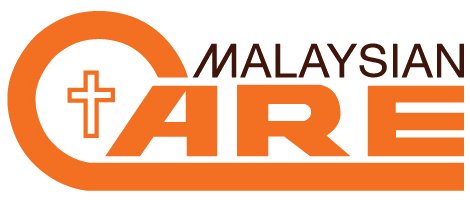
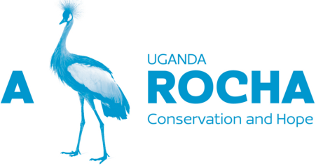
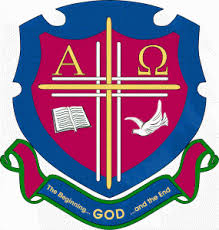
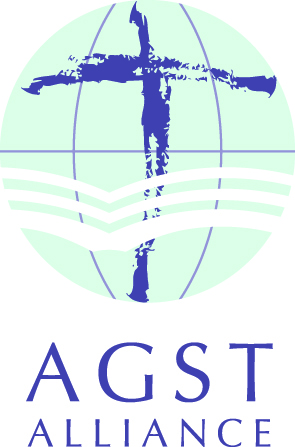
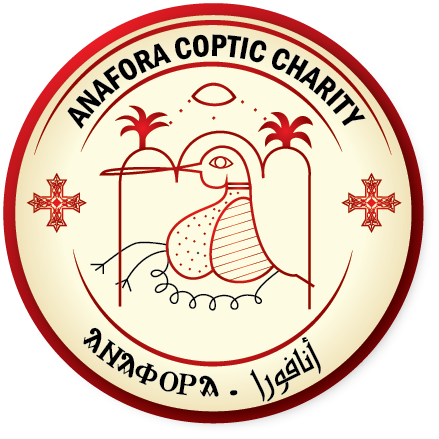
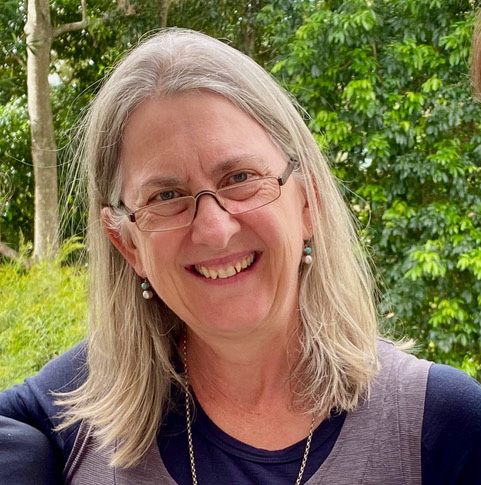
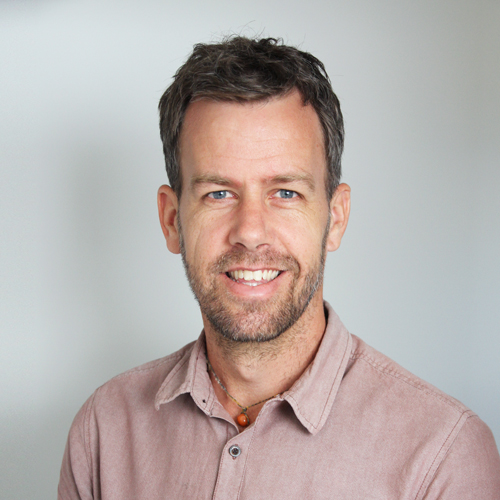
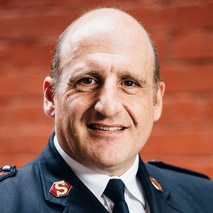
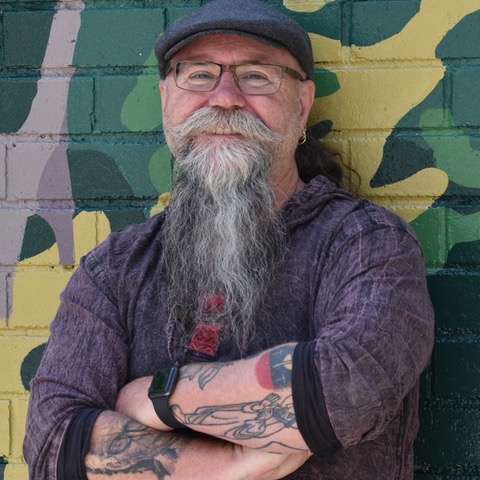
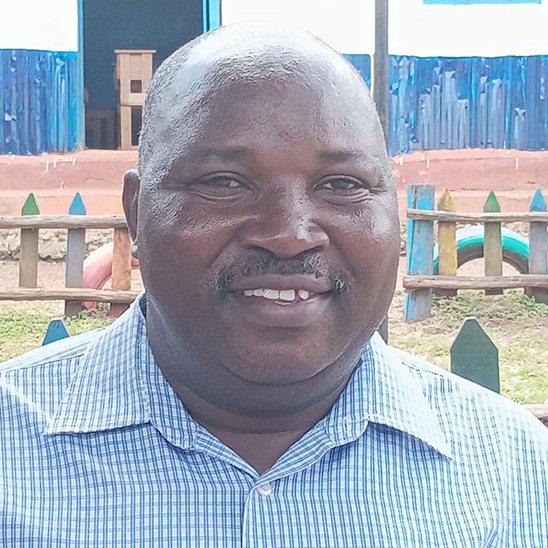
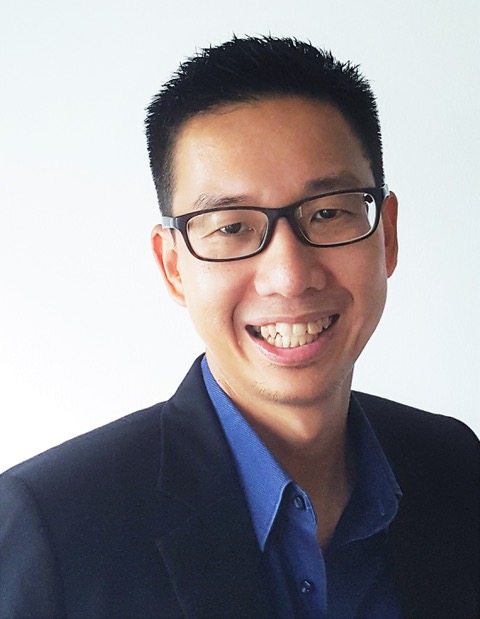
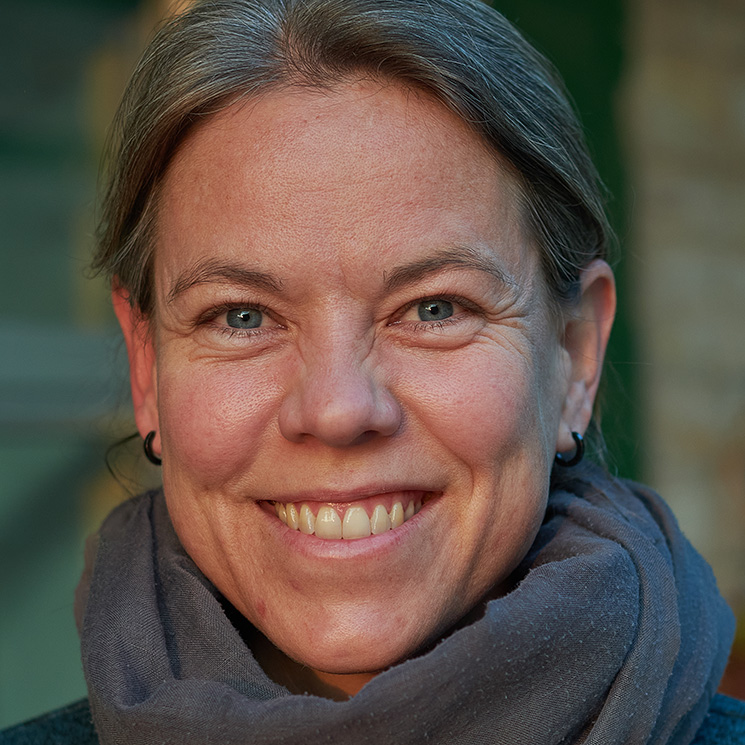
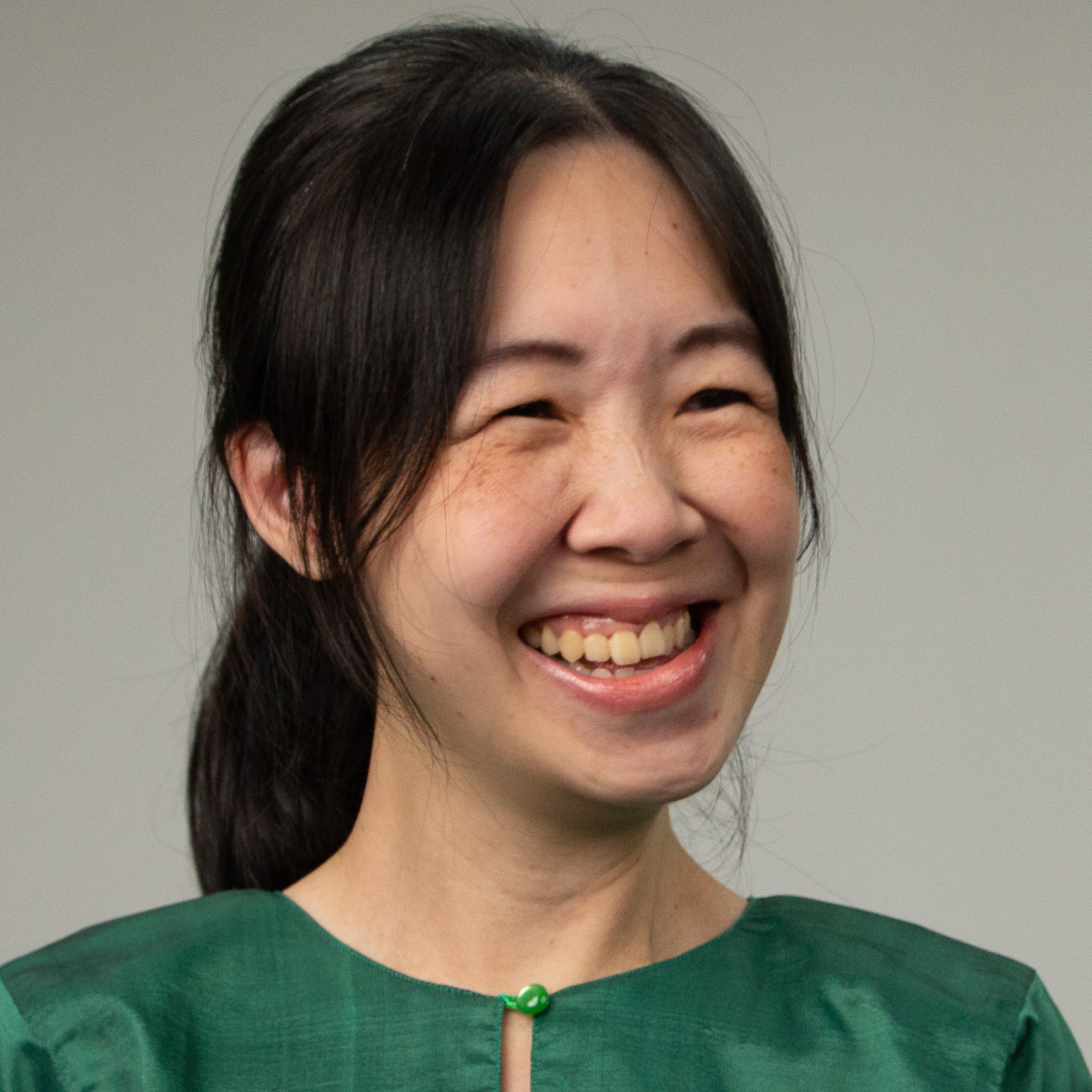
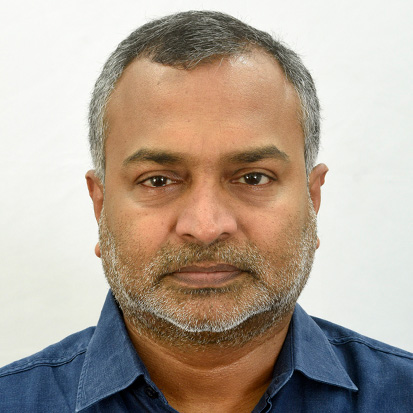
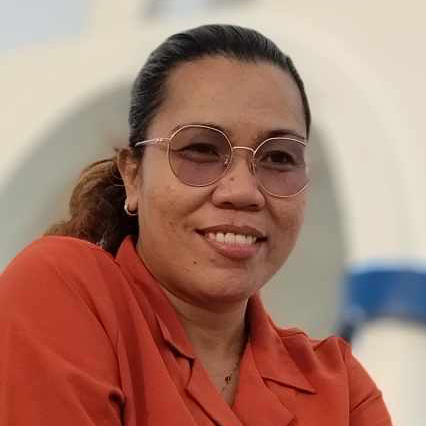
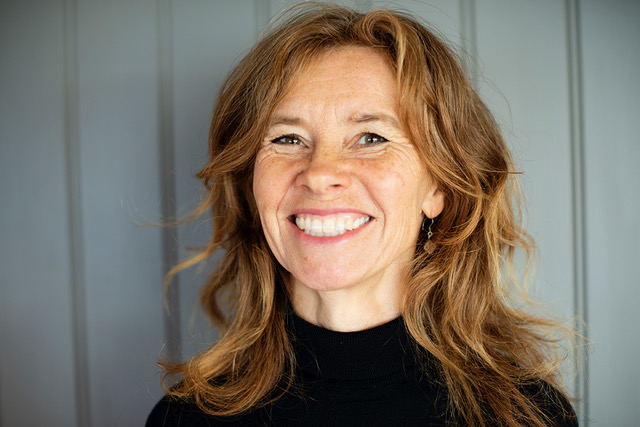
Poverty is real. While over the last three decades poverty reduced, it is increasing again in some areas of the world. The World Bank estimates over 700 million people live in extreme poverty. [1]
People are also suffering from the effects of the pandemic, as well as continuing wars and conflicts. The digital divide is more tangible. As the billionaire class becomes increasingly wealthy, the poor often struggle to eat [2]. How should we as Christians respond to the state of our world?
We are in an environmental emergency; climate changes and extreme weather patterns having huge impacts upon us all. We are committed to biblical creation care and environmental sustainability. We believe affluent nations and individuals have responsibility to address the negative impacts of consumption on our environment and vulnerable communities. We stand with Aboriginal and globally indigenous peoples seeking better management of land and sea.
Australia has the15th highest poverty rate out of the 34 wealthiest OECD countries. Over 3.3 million (13.4%) Australians live below the poverty line, including 761,000 children. Many of these families experience “deep poverty.” [3] This includes almost half (45%) of single-parent families where the parent has a disability and low income.[4]
The message of the cross is individual, social, communal… and utterly transforming. Too many solutions offered only disempower the vulnerable and marginalised. But in the MTD we believe that the community are the experts! We seek to together find ways to encourage the community to identify, prioritize and plan to solve their problems via faith-based sustainable development that meets their current needs without compromising our future world.
How do you live well in a world of conflict, different opinions, and competing interests? How do you stay joyful despite injustices? How do you rest in perfect peace while juggling the work? How do you listen to all voices and stakeholders? How do you speak truth to power, even when your voice shakes? How can we hope for a better future for the earth and its people? How can we truly love those around us? Sometimes we only have fragments of answers. But we believe as we faithfully pay attention to where God is at work, we can form a resilient spirituality to weather the different seasons of life.
Support an MTD student working in Australia or overseas in the context of poverty.
Aspects of the Master of Transformational Development can be tailored into a microcredential for your organisation. We’d love to talk about how we can help train your international, national, and local leaders; by gathering around evidence-based reading and discussions, working on group projects together that stretch and challenge your staff; helping you think through your role in the community and with stakeholders; repositioning your team for successful outcomes/impact.
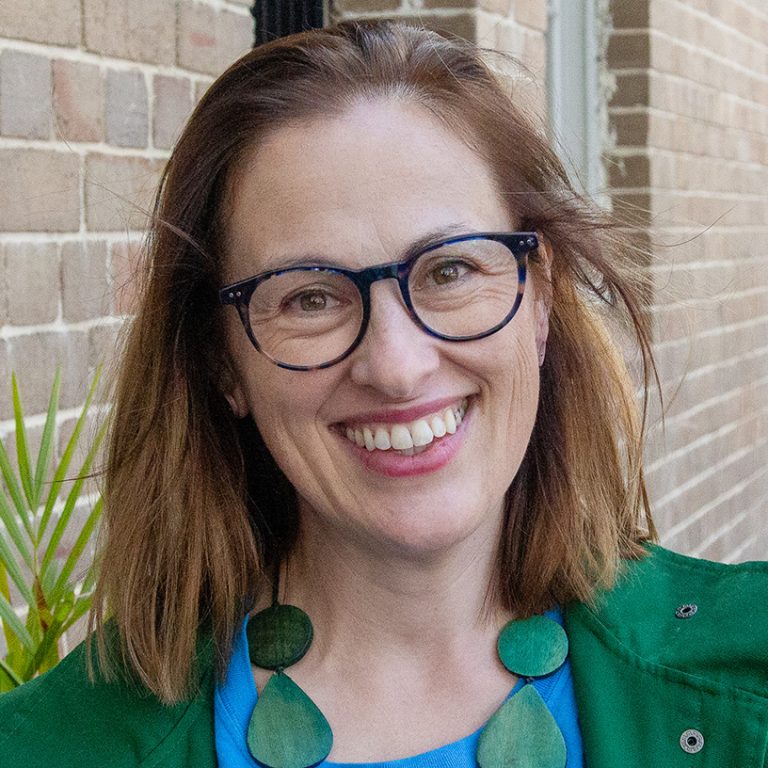
I took political economy during my undergrad at USyd and placed in the pre-honours year - but fell one mark short in the final assessment. At the time, I was administrating United Live, a Christian band that “went gold.” In explaining this to the course coordinator, she made it clear I needed to renounce my faith if I wanted to continue in the course … so I sadly withdrew, ultimately becoming a pastor. Following my transition into the field of theology, I became interested in transnational relationships between Christian communities, particularly the theologies, musical and business practice within Pentecostal song-sharing, which I explored in my MPhil.
This led to a PhD scholarship at Fuller Theological Seminary in which I intended to explore Aboriginal Pentecostal song-sharing, which was less well known at the time. During that research, I remember an Elder looked at me in the face and said something like “it doesn’t really matter nearly as much if we have didgeridoo in our worship when our kids are dying.” That led to me repositioning my research as an investigation into how the development activities of three urban Aboriginal-led Pentecostal churches were related to their worship. I was grateful to Dr Bryant Myers for taking on the project! It was certainly not like many of the other development students at the time!
Local Christians everywhere have always been motivated by their faith to engage in international and local development and community work. This crosses so many sectors; mission studies has reviewed the outcome of these activities across various measures. Increasingly, “good” development work is understood as that which leads towards individual and community flourishing.
I would love to see more Pentecostal Christians connected into the development conversations that are happening globally. As a significant part of the Christian community globally, the continuing potential for Pentecostal Christians to contribute non-institutionalised and Spirit-empowered solutions across the global south is incredible; and yet, many Pentecostal communities continue to hold to theologies that do the very opposite of empowering and mobilising the poor to work towards solutions.
Alongside my continuing involvement and advocacy with Aboriginal pastors on several issues, for four years I worked in disability research in Australia, including on some international projects (such as in the Autonomous Region of Bougainville, Pacific). I was extremely grateful to facilitate the Inclusive Research Network (IRN) at the Centre for Disability Studies under Professor Patricia O’Brien (AM) which was a collaboration with people with disabilities, their carers, and academics. This group collaborated with a range of Christian organisations within our projects and completed reports. I have also volunteered at Common Grace in the Aboriginal and Torres Strait Islander group under Larissa Minniecon.
Alongside various pieces in Pentecostal studies and theology, some of my current work is in safeguarding women’s lived experiences within the church. Taking women’s testimonies seriously is of utmost importance for leaders interested in leadership for the post-COVID world.
The MTD is a collaborative network of thinking practitioners and scholars spanning four continents of the world. Its alumni are in some of the most strategic roles and organisations globally, on the ground at the forefront of environmental issues, peacebuilding, poverty relief, and collaborative solutions. I’m honoured to be the program coordinator. For those working at the religion and development nexus, this offers a chance to explore some of the most critical issues along with your classmates, the team, and our extended network. Plus, it’s a lot of fun!
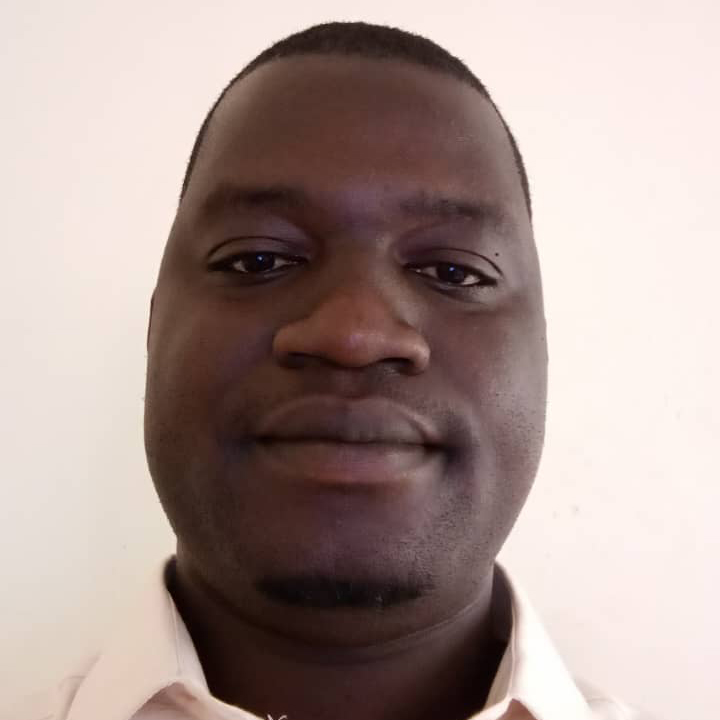
Sub-Saharan Africa Stream Facilitator
Why did you get into development?
I was challenged by the high rate of extreme poverty in my context of Northern Uganda. Poverty is multidimensional in nature and is working collectively with other stressors such as climate change, injustices, and poor governance to relegate the poor to the very bottom of society. This reality stimulated me to actively get involved in empowering our local vulnerable communities to take ownership of harnessing the narrative of sustainable development.
What do you see for the future in relation to the church’s role in development and community work?
I envision an increasing mutual engagement between the church and community development. A future where the former is not only passive enabler of sustainable development, equality, justice, care for the creations, and human rights, but an active driver creatively involved in the discourse of realizing above mentioned virtues.
However, this will only be possible when the church fully comprehends the significance of integral mission. Giving it equal weight as her theology, doctrines, and dogma.
In what regions have you worked? What organisations?
My entrance to the development field began in 2014, when I founded a non-governmental organization called Northern Uganda Youth Network for Development (NUYND) to mobilize young people in Northern Uganda to participate actively in the reconstruction of post-war Northern Uganda. I was disappointed with the traditional development approaches in the region imbued with aids, reliefs and external players. To me, it was unsustainable since it undermines the significance of involving local people, local knowledge, and exploitation of available resources from within to drives transformation. Besides, these youth were left out too. So in 2020, I left NUYND, after my Bishop appointed me to head the directorate of household and community transformation for the Diocese of Northern Uganda. I saw this an opportunity to integrate theology into the discourse of eliminating multidimensional poverty. Through construction of biblically informed strategies to respond to the ravaging extreme poverty in the region (which was at a staggering 68% by February 2020).
In 2021, I was invited by Uganda Christian University take up a tutoring position at Bishop Tucker School of Theology and Divinity and I gladly accepted. Because I knew, it will place at a better position influence so many young people and encourage them to creatively participate in the processes of leveraging transformation their communities and beyond. In February 2022, I was employed by Eastern College Australia as a MTD (Master of Transformational Development) facilitator for Africa Stream. This is my current position, and I am grateful to God for it.
Any recent/future publications you’d like to highlight?
I am interested in research in the fields of Poverty Alleviation, Social Enterprise, Social Innovation, Community Development, Climate change, Integral Theology, and Equality. My book chapter “Poverty Eradication: Innovative Approach to Accelerate Poverty Alleviation in Uganda, Africa” was published in February by Springer Publisher in Geneva under United Nations Sustainability Book Series 2023 https://link.springer.com/referenceworkentry/10.1007/978-3-030-91260-4_14-1. Now, I am working on a book Chapter entitled “The Validity of Social Innovation in the discourse of Poverty Eradication in Northern Uganda”.
Why do you think people should undertake the MTD?
MTD equips one to wrestle with the contemporaries global and local challenges such as climate change, extreme poverty, inequalities, and social injustices in holistic and sustainable manner. It enable students to engage theology and social sciences in a mutual critical dialogue generating revolutionary strategies to respond to the today’s challenges. I therefore, encourage everyone interested in the narrative of driving an inclusive anthropocentric and ecocentric sustainable development to consider enrolling into the program. It is something, you cannot afford to miss!
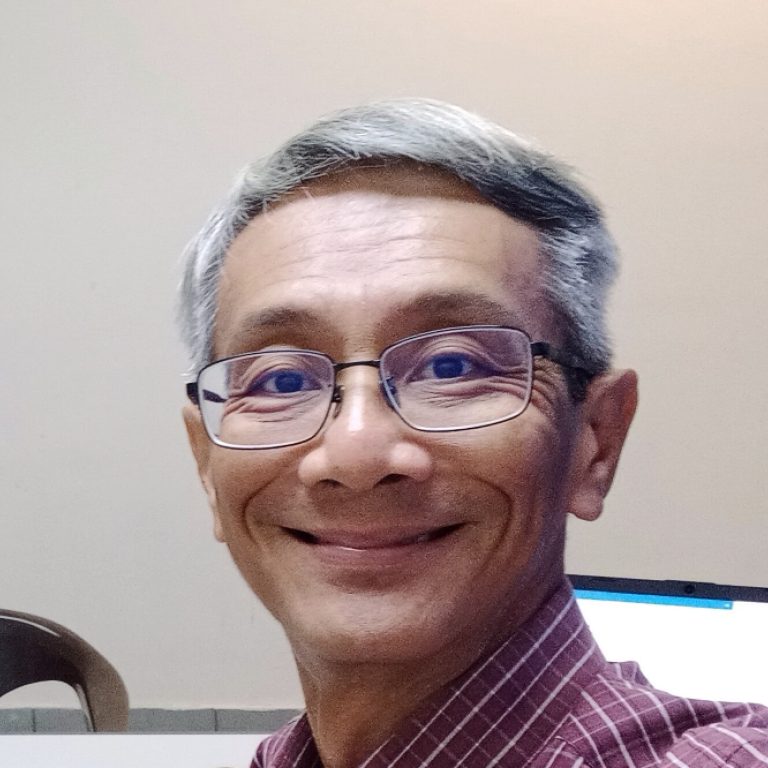
1) Why did you get into development work/studies?
My interest actually started with conservation. I was an active volunteer in a local environmental NGO when I was young and while volunteering, I would frequently meet indigenous people. From those early contacts, God placed in me an awareness about their close connection to the land and forest, but also their struggles with poverty and marginalisation as a result of development. It introduced a new dimension into my interests in conservation and this was how God led me into ministry, development work and subsequently development studies.
2) What do you see for the future in relation to the church’s role in development and community work?
I think from the early beginnings of the church, development and community work was a role that the church engaged into although it may not have been known as that. Serving and empowering fellow believers or the poor and needy was evidently a practice from then till now. Notwithstanding our fallen nature when some do so with bad intentions, even the majority who with good intentions desire to help the poor can cause more harm than good if done wrongly. Good intentions are good but good intentions alone aren’t good enough. The church should be properly schooled and equipped to do development, community or social work so that we give the best possible service and in that way, God’s name is glorified.
4) In what regions have you worked? What organisations?
I have only ever worked in Malaysia. I was with Malaysian CARE, a local Christian social work organisation for thirty years doing community development work with Indigenous peoples in Peninsula Malaysia and Borneo. While there, I also worked with refugees from Aceh and Myanmar. Currently, I am working part-time with Lighthouse Hope Society serving urban poor communities and Indigenous peoples.
5) What kind of research have you undertaken? Recent publications you’d like to highlight? Future research you are interested in doing/supervising?
My preferred approach is to use participatory appraisals or PRAs but I have also used more traditional methods. I have done work on sustainable agriculture, universal healthcare and indigenous health systems. The latest publication I have is a chapter in the upcoming “Routledge Handbook of the Political Economy of Health and Healthcare.” What I hope to do some research on is the extent of mental health problems among the Indigenous peoples here because presently, there is no data on situation of the Orang Asli and my observations suggests that this is a growing issue.
6) Why do you think that people should enrol in the MTD?
As I mentioned earlier, the church needs to be properly schooled and equipped in development/community work. So, churches and Christian organisations should send their people for such training. Previously, if you wanted to study development, you had to go to a secular university and if you wanted a theological education, you went to seminary. With the MTD, I feel you have the best available course in this field because it has integrated the conversation between development and theology in an authentic way.
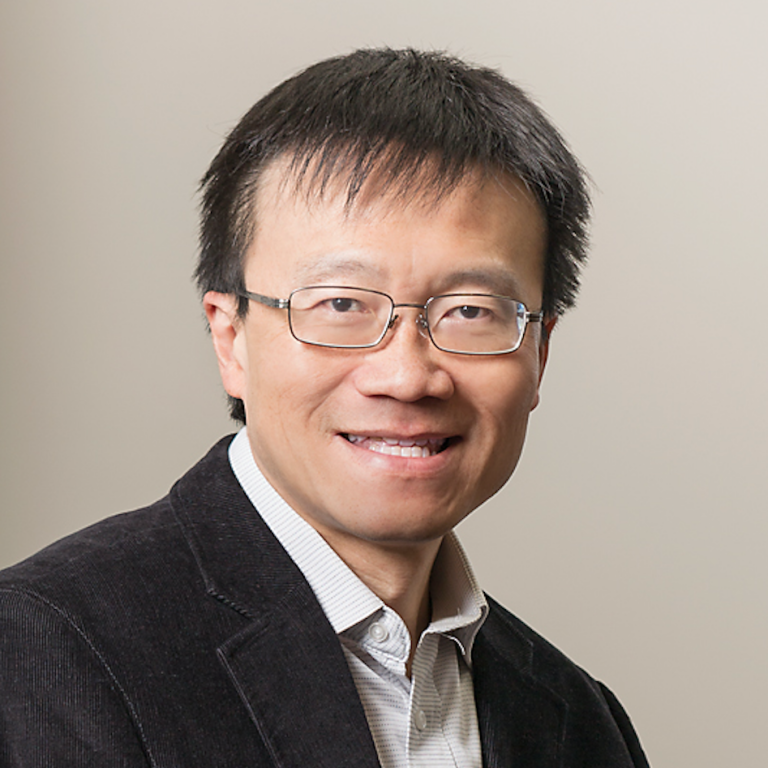
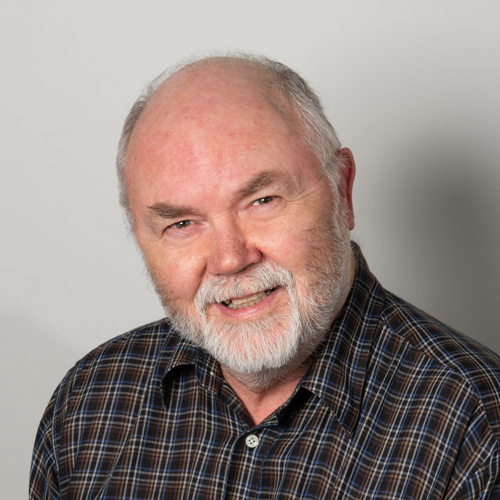
MTD Founder, Emeritus Faculty
Why did you get into development work/studies?
It all began when as a young man my path crossed with those of people living in poverty in pre-gentrification, inner-city Auckland. Those encounters challenged and enriched my understanding of discipleship and the nature of mission. This challenge and change deepened over the next few years as I became more aware of the depth and breadth of the Bible’s teaching on poverty, wealth, justice and compassion. In 1977 I was recruited on to the inaugural Board of Tearfund NZ and in 1984 was appointed as the National Director of Tearfund Australia, a role I served for 25 years.
During my time at Tearfund I served for several years on the executive of the Australian Council for International Development (ACFID) and in 2009 received ACFID’s Award for Outstanding Contribution to the Australian Aid and Development Sector. At an international level I was instrumental in establishing Micah Global, an international network of evangelical Christians development organisations, and its global advocacy campaign, Micah Challenge. It was my privilege and joy to chair the international boards of both those entities for several years.
What do you see for the future in relation to the church’s role in development and community work
Throughout its entire history there have been those within the Church who, enlivened by God’s love, informed by God’s word and inspired by the Spirit, have committed themselves to actions of justice and compassion for the economically poor and politically oppressed. As long as poverty and inequality continue this will always be so because such action is at the heart of the Church’s calling.
What has been your involvement with the development of the MTD and who would you encourage to undertake it?
In 2009 Tabor College Victoria invited me to design a Master level programme for Christian community development practitioners – the first step towards what has become the Master of Transformational Development. Today this small international MTD learning community provides a demanding yet supportive space in which transformational development practitioners can examine and deepen their understanding of their calling and current practice. The MTD creates both a “safe place” in which to grapple with the complexities and challenges of integral mission, and a rigorous academic framework in which to learn and innovate.
The testimony of our many graduates gives me the confidence to encourage any Christian working in the challenging vocation of community development, wherever they may be based, to prayerfully consider the possibility of studying in the MTD.
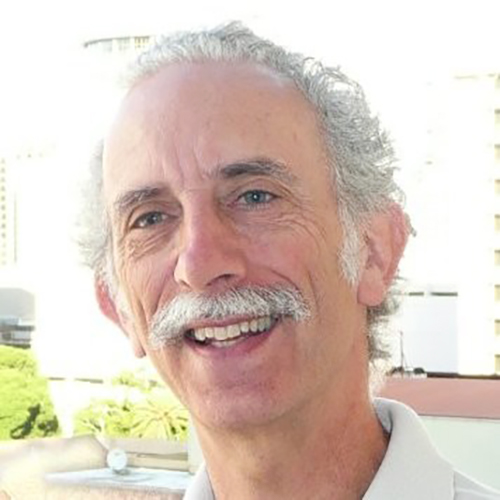
Research Supervisor, Asia/Pacific Steering Committee
Why did you get into development work/studies?
It was the end of my first year at University. I had done a year of economics and was not keen to continue the degree, but had no idea what to study in its place. A friend casually remarked, “Do you know that they’re offering a degree in Agricultural Economics, at the School of Land Economy?”
All of a sudden, I knew exactly what I wanted to do: work in development!
What do you see for the future in relation to the church’s role in development and community work?
The church has a clear, explicit Biblical mandate as the agent of the Kingdom, the bringer of abundant life to the world. However, it has been a prisoner to the dualistic, reductionist worldview predominant in secular society. This worldview has caused a split between spiritual and practical ministries.
The continued relevance of the church is dependent upon the recovery of its integral mission: the whole gospel to the whole person in community. There are signs of a re-think, like the Anglicans’ Five Marks of Mission, but it is still a minority view. For the global South, where the integration has moved faster, the future of the church is pointing more strongly towards a holistic ministry.
In what regions have you worked? What organisations?
What kind of research have you undertaken? Recent publications you’d like to highlight? Future research you are interested in doing/supervising?
I’ve done a lot of work in the potential of NGOs as agents of advocacy and empowerment. Currently researching the perspective of Shalom as a practical strategy for community transformation.
Why do you think that people should enrol in the MTD?
The MTD presents the the ‘safe space’ for integral practitioners to combine three sources of wisdom: their lived experience, Biblical foundations, and academic insights. It provides an outstanding opportunity to apply the mind of Christ to the global ecological, social and economic context. The Open Seminary delivery method provides an optimum learning experience and space for reflection. Read the glowing testimonies of students and alumni.
Long live the MTD!

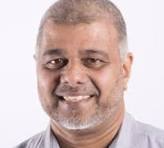




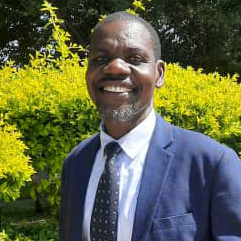
Eastern College Australia values the history, culture and languages of First Nations people and we welcome their participation in all of our courses.
Get in touch through the enquiry button below if you have any questions, we’re here to help.
Or perhaps you’re ready to step out in faith and submit your application today! We’re excited to begin this next season of your life together.
We acknowledge the Wurundjeri People as the traditional custodians of God’s land on which Eastern College Australia stands, and pay our respects to their elders past and present, and our support for the emerging leaders of the future.
Stay in the loop about all the latest Eastern news and events.